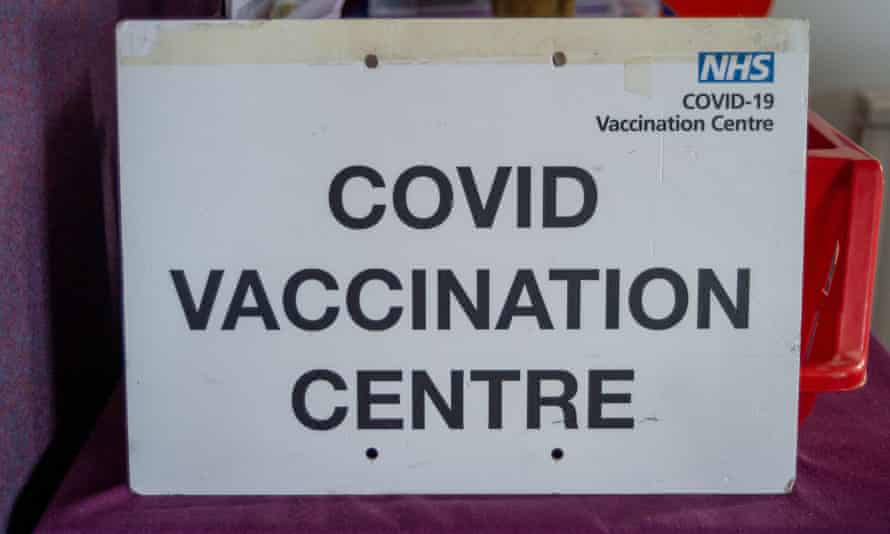Public health measures are key to curbing Covid in UK, say scientists |
Stopping the spread of Covid-19 through public health measures remains vital to curbing the pandemic, one of Britain’s most senior scientific figures has warned.
On the eve of the second anniversary of the lockdown that began the UK’s Covid response, Jeremy Farrar, director of the Wellcome Trust, called for investment in next-generation vaccines and better access to vaccinations for poorer countries.
Farrar joined several of the UK’s most eminent scientists in praising the extraordinary response to the pandemic by the clinicians, researchers and business leaders. But with Covid infections and hospital admissions rising across the UK, measures such as masks, social distancing and ventilation are key.
“Progress made by researchers over the last two years has been remarkable, from delivering vaccines and treatments in record time, to the hard work of genomic sequencers tracking the spread of the virus and identifying new variants,” said Farrar. “We must ensure more vaccines reach low and middle-income countries while also investing in research into second and third-generation vaccines that give broader protection and block transmission.
“Focus now needs to be on maintaining key public health interventions alongside vaccines, and developing and ensuring equitable access to new treatments and strengthening the supply chains for PPE and oxygen. Stopping the spread will help to break the constant and unsustainable cycle of reacting to new variants.”

Another of the country’s most eminent scientists said Britain’s universities and private laboratories should be handed a permanent role in testing hospital and care home staff in the event of a pandemic, to avoid one of the main mistakes of the early response to Covid.
Paul Nurse, the Nobel prize winner and director of the Francis Crick Institute, said that the failure to harness the equipment and lab expertise of workers willing to offer “public service” meant that testing capacity took far longer than necessary to set up, leaving health and care settings fatally exposed.
“There was no imaginative thinking about how to get testing rapidly in place,” he said. “They simply farmed it all out to commercial operations, working from big Lighthouse labs, which didn’t have a chance of getting working in time to be of any use in the first round of the epidemic.
“We cannot keep big commercial labs running like this for the next 10 years, 15 years, waiting for the next virulent virus outbreak. We do not have a sustainable system in place. Why not actually make use of exactly what we did, which is to identify a range of institutions around the country – universities and publicly funded research places like the Crick – so in an emergency you could activate a network very rapidly, relying on public service and not simply a commercial programme?”
John Edmunds, a member of the Scientific Advisory Group for Emergencies (Sage), also said that work should begin now on vaccines for the most likely candidates to provoke the next pandemic. “I sincerely hope…
Read More: Public health measures are key to curbing Covid in UK, say scientists |
